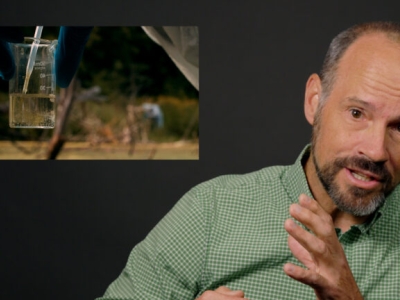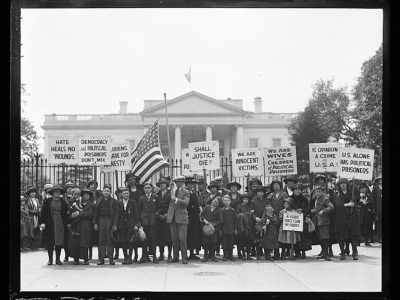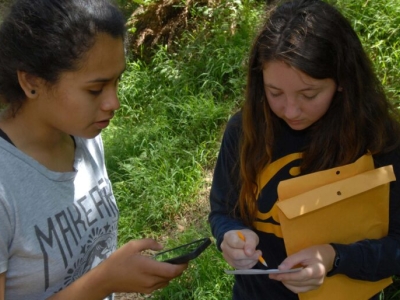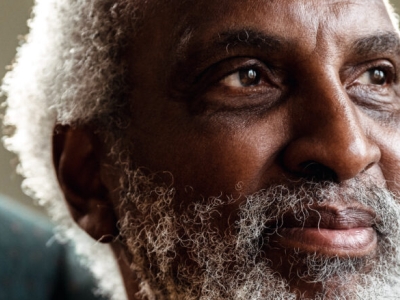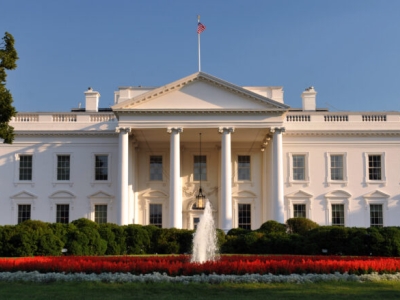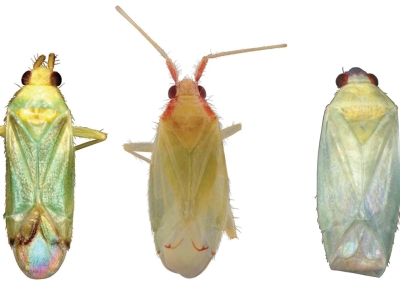Berkeley professor explains what happens to human and animal waste once it's flushed away.
Research News
Learn more about UC Berkeley's researchers and innovators.
Showing 161 - 176 of 3487 Results
Negotiators have the ability to nearly eliminate plastic pollution by 2050.
Berkeley historian discusses how today’s politics have similar parallels to Woodrow Wilson’s presidency.
Every year, the UC Berkeley-led SOD Blitz Project surveys thousands of California trees for signs of the fungus-like pathogen.
Launch of the BCAPP provides an opportunity for faculty to accelerate their climate-focused technologies and translate their research into commercial solutions for lasting environmental impact.
A company is revolutionizing how the Deaf and hard-of-hearing community understands the world.
Berkeley African American Studies lecturer speaks about her book, Untraceable.
UC Berkeley scholars offer a sharp and sometimes unsettling assessment of election dynamics at play.
Berkeley researchers use computer vision to easily analyze actor representation screen time in films.
Berkeley professor urges us to build bridges within our community, especially in politically divided times.
While there’s no practical doubt that Harris will defeat Trump to win California, the poll echoes troubling trends for her campaign nationwide.
Berkeley political and legal experts say the Nov. 5 election will most likely be safe and secure, despite disinformation, mass confusion and threats of violence.
Seventeen new species of plant bugs have been identified on the islands of French Polynesia.
Berkeley psychology professor walks through scenes from 'Inside Out 2'.
New study provides compelling new evidence of the lifelong health effects of early-life sugar exposure.
Berkeley professor says regardless of who the next president is, proponents will continue to push for this "straightforward statement of climate denial."

